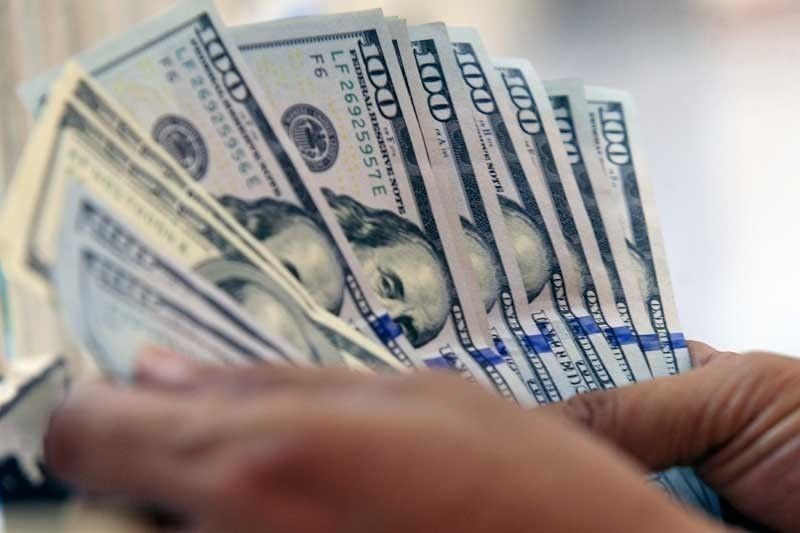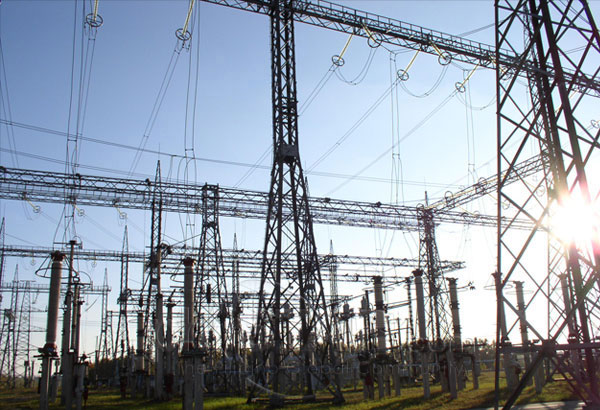Pandemic seen deterring future FDI in Southeast Asia

MANILA, Philippines — Greenfield investments in Southeast Asia dropped by over a third in the first half, UN economists said Tuesday, as investors shelved plans to conserve cash in the face of an economic onslaught brought by the pandemic.
A report by the United Nations Conference on Trade, Investment and Development (UNCTAD) found that greenfield investments, an indicator of future foreign direct investments (FDI), fell 36% year-on-year in the region during the first half. Broken down by industry, inflows in services and manufacturing suffered the most.
Greenfield investment typically refers to projects that create new physical facilities which are considered productive, in part because they create jobs. As it is, the massive slump was already foreshadowing an uphill climb to recovery for FDI inflows in the mostly developing region.
Overall, FDI in Southeast Asia collapsed a fifth on-year in the first 6 months to $62 billion amid lockdowns and deep global recession. Broken down, the drop was driven by sharp annual contractions in inflows to Singapore down 28% year-on-year, Indonesia (-24%) and Vietnam (-16), also the three largest FDI recipients in the region.
But there were a few exceptions. FDI in the Philippines rose 20% year-on-year to P3 billion, while Thailand received more than double to $4.8 billion. UNCTAD attributed the increase to inflows from mergers and acquisitions in the two countries' agriculture and energy sectors.
However, overall cross-border M&As in Southeast Asia plummeted 44% "because of a significant fall in activity in Singapore," UNCTAD reported.
Global FDI down
Shrinking FDI is not only happening to Southeast Asia. Worldwide, UN said FDI was 49% lower during the first half of 2020 than during the same period in 2019 — and that every major form of foreign investment took a hit, ranging from infrastructure funding to M&As.
"The decline was quite drastic," James Zhan, UNCTAD's investment and enterprise chief, told a virtual press conference.
The rate of decline is expected to slow in the second half of 2020, resulting in a drop of 30 to 40% over the whole year. FDI is expected to retract much more moderately in 2021 before recovering in 2022.
"The outlook remains highly uncertain, depending on the duration of the health crisis and on the effectiveness of policy interventions to mitigate the economic effects of the pandemic," Zhan said. "Geopolitical risks also continue to add to the uncertainty."
In the first half, developed economies saw the biggest fall in investment, UNCTAD said, with FDI in wealthier economies shrinking 75% annually to just $98 billion, a level last seen in 1994. "The trend was exacerbated by sharply negative inflows in European economies," the report said.
Flows to Europe turned negative for the first time, hitting minus $7 billion, indicating there were more FDI withdrawals than inflows. Meanwhile, FDI placements in North America fell 56% on-year during the 6-month period.
Among major FDI recipients in 2019, flows declined most strongly in Italy by 74%, the US (61%), Brazil (48%) and Australia (40%).
On a more positive note, FDI flows to developing economies decreased by less than expected at just 16%, UNCTAD said. Broken down by region, flows were 28% lower in Africa, 25 % down in Latin America and the Caribbean, but just 12% lower in Asia, mainly due to resilient investment in China.
FDI flows to so-called transition economies plummeted 81%, pulled down by a strong decline in Russia, the report found.
'Highly uncertain' outlook
UNCTAD said the outlook was poor, because globally, new greenfield investment project announcements dropped by 37% to $358 billion as of August. Developing economies saw a much bigger fall than their developed counterparts, 49% compared to 17%. UNCTAD said this reflected a more limited capacity for poorer nations to roll out economic support packages.
"Flows to developing economies are expected to stabilise, with east Asia showing signs of an impending recovery," said Zhan.
"Global FDI will continue its decline, though moderately, in 2021— that is, up to 10%" The recovery is then expected to begin in 2022, he added.
Zhan said the eventual rebound would be driven by corporate restructuring, with more resilience-driven investment. "Longer term, we see the possibility of the transformation of global value chains that will change the landscape for global trade and investment," he said.
He said this would be driven by a new industrial revolution, sustainable development, growing economic nationalism, shorter chains, and investment into the green and blue economies and into public service infrastructure. — Ian Nicolas Cigaral with AFP
- Latest
- Trending


























